Do a pick-up scene when you feel down and out!
Go on the stage
And have your picture took!
Dressed in a dream
Your feelings start to whirl about -
The make-up's fine
And you're on take nine
And you feel divine
As you look!
Yes, mes chers et madamoiselles, aujourdui, nous cinematagraphons les nouvelle scenes pour Bearskin, la Day-Vay-Day. And they look great. It's fascinating to me, though, to see how each actor works: whether he is able to slip into character without an audience, without frame of reference, or if the process of theatre is required. I know for myself, I much prefer to have a live audience in order to be able to gauge how I'm doing. Nor am I alone in this. Trav definitely is a stage actor. DJ and Ashley are middling - they take a while to warm up to the camera, but once they do, they're on. But the real surprise is Jill. Whoda thunk? She's absolutely a film actor. Don't get me wrong, she did fine work in the play. No question there. But there are all these facial subtleties, this absolute calm before the camera that I'd not expected. Really sweet stuff.
So we did - amidst much laughing - approx. 15 min. worth of pick-ups, to whit: the "sway/snuggle/breathing", the first transference of the cross, as well as the taking of the cross. Then I got the scenes of the Shadow watching Mireille dance while the Gypsy hangs all over him, and the corresponding Shadow's Voice watching Mireille's Voice dance with the Gypsy all over him and he not standing for it. I also picked up the scene when the Shadow's Voice tells his body that Mireille's in trouble. Yee-haw! Oh, and the crumpling of the Shadow's picture right before the Gypsy makes another bid for him. Mucho gracias to my darling actors willing to come back.
It has been noted before, and no doubt will be noted again, that filming is SO much different from performing. It's out of sequence, it's much more technically inclined - in that "you can only move from here to here, because otherwise you fall out of the shot" - in so many ways it's so very confining. I really much prefer the theatre. At least from a purely aesthetic, artististic point of view. I feel so bad for my actors, who when filming are really little more than props - puppets - furniture with teeth. They aren't given room to breathe in a way. There's less room for true spontenaity. That said, I still love the medium of film - the final product, the putting together. But it's in the post-production, almost not in the initial performance, that the movie is truly made. In some ways, it isn't about acting at all. I'm being overly harsh, of course - but the very medium is so different from theatre that it makes it doubly difficult to achieve true artistry. Possible, just difficult - a different mindset is required, a different attitude towards life, towards the project.
Wo bist meine komputer (sp?)?!??! Stupid question, I know where er wo bist. I sent it off to where er wo bist jezst (sp?). Silly. *hrumph* And so I will merely say - looking very well today despite hat hair - hurrah! Will also say, got up the preliminary Brigadoon and Twelfth Night pages.
Curious thing, that, to watch my progression as a director. But more than that - to watch the progression of what I've had to work with, and what I understand is of value re: promotion. OK, I came from a strict theatre background: no musicals, no opera, no ballet, no filming, and minimal photographing and even that made into slides. I'm not villifying it. I'm extraordinarily grateful to have had that training! However, because I was taught to believe - quite rightly - that a show can never be fully captured on film, it's taken me quite a few shows to realize the necessity of filming shows for the purposes of promotion nevertheless. The problem is, that until very recently the technology was simply not available to counter that philosophy. A single camera on a well-directed piece of theatre will never even begin to do the piece justice - too much will be happening where the camera can't see. (More to the point, the audience will be reacting which is half of what theatre is about: the immediate and physical relationship with the audience. Simply unable to be caught adequately on film.) Anywho, until recently, if one was able to locate a camera at all, it would be ONE camera, and entirely uneditable unless one had cash to spare to hand it over to professionals. Likewise, professionals for the theatre tended to take maybe only two shots - one SL one SR - and then hope for the best. Again, one ends up (typically) with a LOT that's missed either because the cameraman is afraid to do close-ups lest (as ought to be likely in a good show) the person moves or something happens elsewhere on the stage. Or he may do ONLY close-ups in which case something IS lost! Or the worst decision of all: to set up in the back and just let it run: the actors end up sounding muffled and appear as moving dots.
But now, with the age of laptop editing (Aaaaaaalleluia!) which, I'm sure, in a few years will only be made MORE accessible to the common man, and with the (thank God) number of people who own a camcorder and a tripod and an eye that's seen enough movies to get a "feel" for cinematography, it's entirely possible to set up several cameras on one night or over the course of several and then edit together a very nice piece of work which - if it is not, as it cannot be, quite the same as the play - may at least do some justice to the play in a different medium. Indeed, it can cover mistakes, it can translate the play quite well. Of course, some plays will simply translate more readily than others - or parts of plays may work better than others - but that's to be expected.
However, to think that even a little over a year ago I didn't quite grasp this concept is staggering to me. Not necessarily because I was a dolt - but rather because the technology was a thing almost inconceivable a mere year ago. So whilst doing Twelfth Night, my mind was fixed only on making it a good show (despite having no stage, having no set, having no budget, having a huge back-lit window, being thwarted at every turn by various governmental menials, etc. etc. etc.), and not on any need for posterity. So I didn't spend a lot of time thinking about building a webpage with pictures. I got a few pictures, that was good, some of them were OK looking, no prob. - the play's the thing. But since then I've realized that it's not only the play, but the posterity of the play, the post-production presentation. It's probably akin to folks realizing that they need "extra" material for the DVD. It's changed how America looks at any sort of dramatic artwork - the process should look as good as the production. And to keep up in theatre, we need to look just as glossy and use the same tools. In effect, the theatre person needs to become artistically bilingual - able to work in several mediums to generate interest for a single one. I suppose it's crossing boundaries - it seems more to me the logical and smart thing to do.
So, I will forgive myself for the somewhat crummy pictures of Twelfth Night, and even some of the ones for Brigadoon. (Yet another "language" the savvy theatre person ought to know - that of HTML, scanning pictures, the whole works!) Because, ultimately and lastingly, theatre is for the moment, for that audience at that time - but how it's remembered is rather more like Simon & Garfunkle's song:
Time it was
And what a
Time it was
It was
A time of innocence
A time of confidences
Long ago
It must be
I have a photograph
Preserve your memories
They're all that's left you.
Mood: Thoughtful
Music: Something mellow in a moment, if I can find that tape
What I desire: To slip into one of the worlds I've created, perhaps to flit with Poityr and Elspeth over the rooftops of Gyve
These things are waaay too addictive:

You're A Romantic Flick...
You love being in love.
What Genre Of Movie Are You?
brought to you by Quizilla
Go on the stage
And have your picture took!
Dressed in a dream
Your feelings start to whirl about -
The make-up's fine
And you're on take nine
And you feel divine
As you look!
Yes, mes chers et madamoiselles, aujourdui, nous cinematagraphons les nouvelle scenes pour Bearskin, la Day-Vay-Day. And they look great. It's fascinating to me, though, to see how each actor works: whether he is able to slip into character without an audience, without frame of reference, or if the process of theatre is required. I know for myself, I much prefer to have a live audience in order to be able to gauge how I'm doing. Nor am I alone in this. Trav definitely is a stage actor. DJ and Ashley are middling - they take a while to warm up to the camera, but once they do, they're on. But the real surprise is Jill. Whoda thunk? She's absolutely a film actor. Don't get me wrong, she did fine work in the play. No question there. But there are all these facial subtleties, this absolute calm before the camera that I'd not expected. Really sweet stuff.
So we did - amidst much laughing - approx. 15 min. worth of pick-ups, to whit: the "sway/snuggle/breathing", the first transference of the cross, as well as the taking of the cross. Then I got the scenes of the Shadow watching Mireille dance while the Gypsy hangs all over him, and the corresponding Shadow's Voice watching Mireille's Voice dance with the Gypsy all over him and he not standing for it. I also picked up the scene when the Shadow's Voice tells his body that Mireille's in trouble. Yee-haw! Oh, and the crumpling of the Shadow's picture right before the Gypsy makes another bid for him. Mucho gracias to my darling actors willing to come back.
It has been noted before, and no doubt will be noted again, that filming is SO much different from performing. It's out of sequence, it's much more technically inclined - in that "you can only move from here to here, because otherwise you fall out of the shot" - in so many ways it's so very confining. I really much prefer the theatre. At least from a purely aesthetic, artististic point of view. I feel so bad for my actors, who when filming are really little more than props - puppets - furniture with teeth. They aren't given room to breathe in a way. There's less room for true spontenaity. That said, I still love the medium of film - the final product, the putting together. But it's in the post-production, almost not in the initial performance, that the movie is truly made. In some ways, it isn't about acting at all. I'm being overly harsh, of course - but the very medium is so different from theatre that it makes it doubly difficult to achieve true artistry. Possible, just difficult - a different mindset is required, a different attitude towards life, towards the project.
Wo bist meine komputer (sp?)?!??! Stupid question, I know where er wo bist. I sent it off to where er wo bist jezst (sp?). Silly. *hrumph* And so I will merely say - looking very well today despite hat hair - hurrah! Will also say, got up the preliminary Brigadoon and Twelfth Night pages.
Curious thing, that, to watch my progression as a director. But more than that - to watch the progression of what I've had to work with, and what I understand is of value re: promotion. OK, I came from a strict theatre background: no musicals, no opera, no ballet, no filming, and minimal photographing and even that made into slides. I'm not villifying it. I'm extraordinarily grateful to have had that training! However, because I was taught to believe - quite rightly - that a show can never be fully captured on film, it's taken me quite a few shows to realize the necessity of filming shows for the purposes of promotion nevertheless. The problem is, that until very recently the technology was simply not available to counter that philosophy. A single camera on a well-directed piece of theatre will never even begin to do the piece justice - too much will be happening where the camera can't see. (More to the point, the audience will be reacting which is half of what theatre is about: the immediate and physical relationship with the audience. Simply unable to be caught adequately on film.) Anywho, until recently, if one was able to locate a camera at all, it would be ONE camera, and entirely uneditable unless one had cash to spare to hand it over to professionals. Likewise, professionals for the theatre tended to take maybe only two shots - one SL one SR - and then hope for the best. Again, one ends up (typically) with a LOT that's missed either because the cameraman is afraid to do close-ups lest (as ought to be likely in a good show) the person moves or something happens elsewhere on the stage. Or he may do ONLY close-ups in which case something IS lost! Or the worst decision of all: to set up in the back and just let it run: the actors end up sounding muffled and appear as moving dots.
But now, with the age of laptop editing (Aaaaaaalleluia!) which, I'm sure, in a few years will only be made MORE accessible to the common man, and with the (thank God) number of people who own a camcorder and a tripod and an eye that's seen enough movies to get a "feel" for cinematography, it's entirely possible to set up several cameras on one night or over the course of several and then edit together a very nice piece of work which - if it is not, as it cannot be, quite the same as the play - may at least do some justice to the play in a different medium. Indeed, it can cover mistakes, it can translate the play quite well. Of course, some plays will simply translate more readily than others - or parts of plays may work better than others - but that's to be expected.
However, to think that even a little over a year ago I didn't quite grasp this concept is staggering to me. Not necessarily because I was a dolt - but rather because the technology was a thing almost inconceivable a mere year ago. So whilst doing Twelfth Night, my mind was fixed only on making it a good show (despite having no stage, having no set, having no budget, having a huge back-lit window, being thwarted at every turn by various governmental menials, etc. etc. etc.), and not on any need for posterity. So I didn't spend a lot of time thinking about building a webpage with pictures. I got a few pictures, that was good, some of them were OK looking, no prob. - the play's the thing. But since then I've realized that it's not only the play, but the posterity of the play, the post-production presentation. It's probably akin to folks realizing that they need "extra" material for the DVD. It's changed how America looks at any sort of dramatic artwork - the process should look as good as the production. And to keep up in theatre, we need to look just as glossy and use the same tools. In effect, the theatre person needs to become artistically bilingual - able to work in several mediums to generate interest for a single one. I suppose it's crossing boundaries - it seems more to me the logical and smart thing to do.
So, I will forgive myself for the somewhat crummy pictures of Twelfth Night, and even some of the ones for Brigadoon. (Yet another "language" the savvy theatre person ought to know - that of HTML, scanning pictures, the whole works!) Because, ultimately and lastingly, theatre is for the moment, for that audience at that time - but how it's remembered is rather more like Simon & Garfunkle's song:
Time it was
And what a
Time it was
It was
A time of innocence
A time of confidences
Long ago
It must be
I have a photograph
Preserve your memories
They're all that's left you.
Mood: Thoughtful
Music: Something mellow in a moment, if I can find that tape
What I desire: To slip into one of the worlds I've created, perhaps to flit with Poityr and Elspeth over the rooftops of Gyve
These things are waaay too addictive:

You're A Romantic Flick...
You love being in love.
What Genre Of Movie Are You?
brought to you by Quizilla
 The sporadic ramblings of Emily C. A. Snyder - devoted to God, theatre, writing, and much randominity.
The sporadic ramblings of Emily C. A. Snyder - devoted to God, theatre, writing, and much randominity.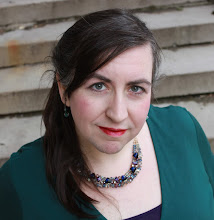
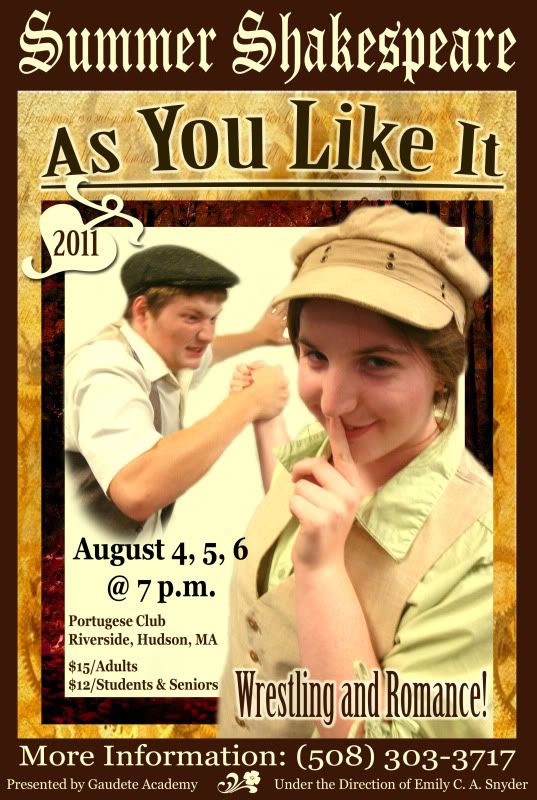
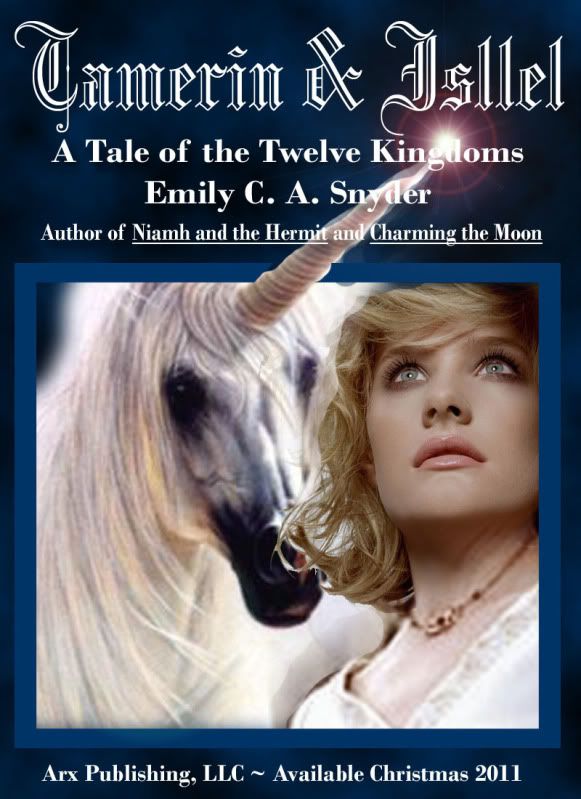
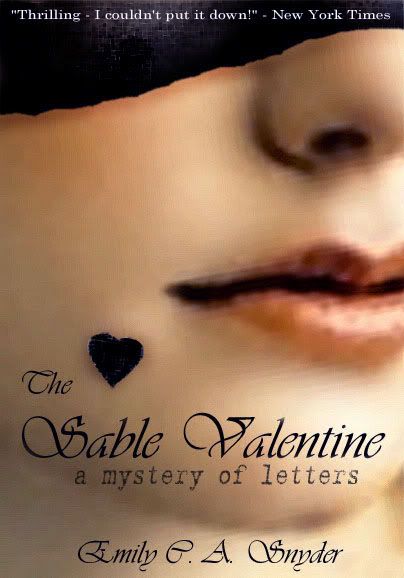


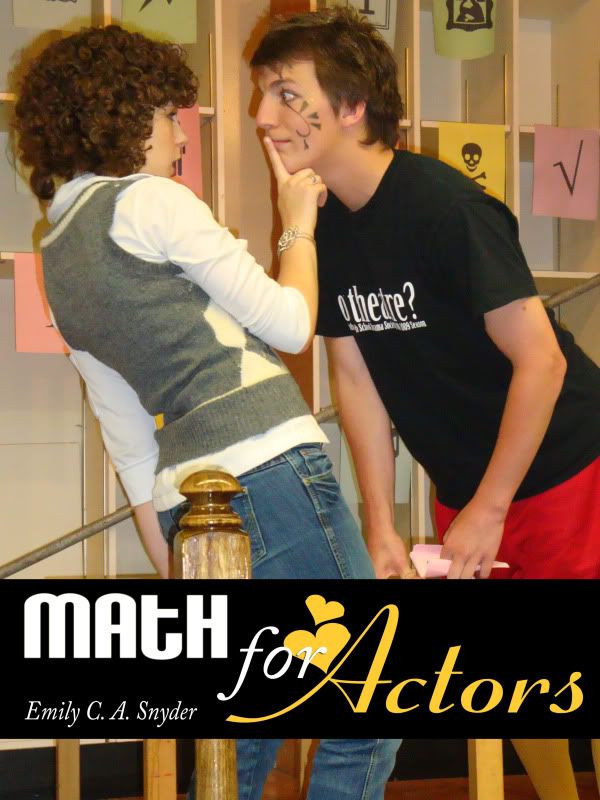


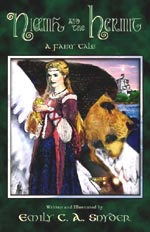
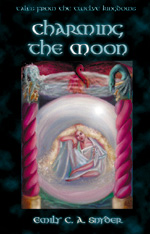

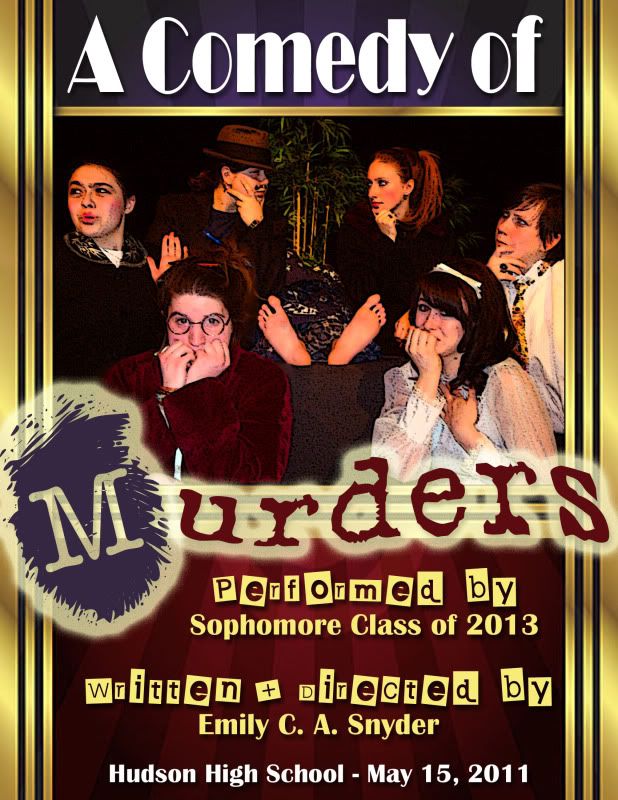
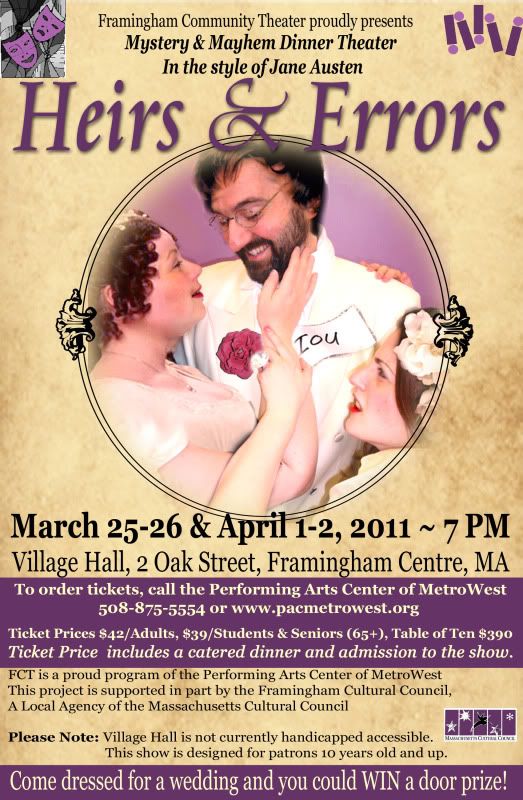
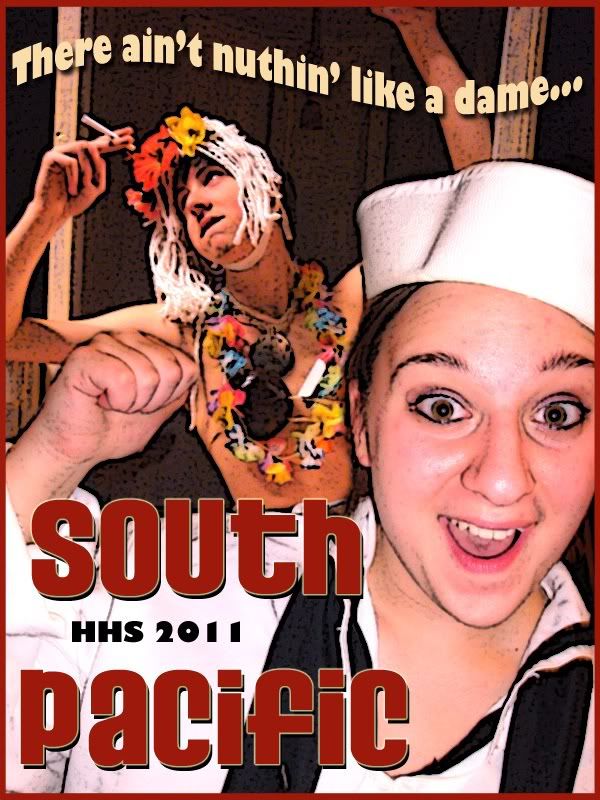
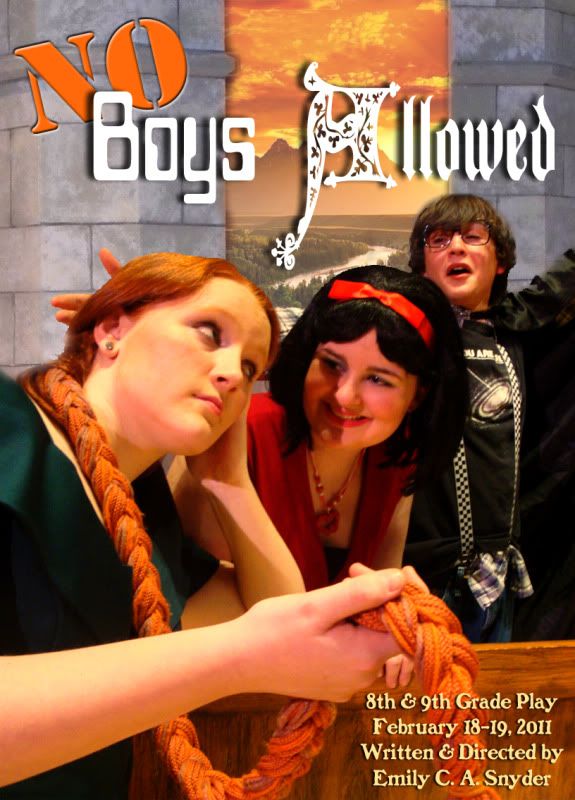
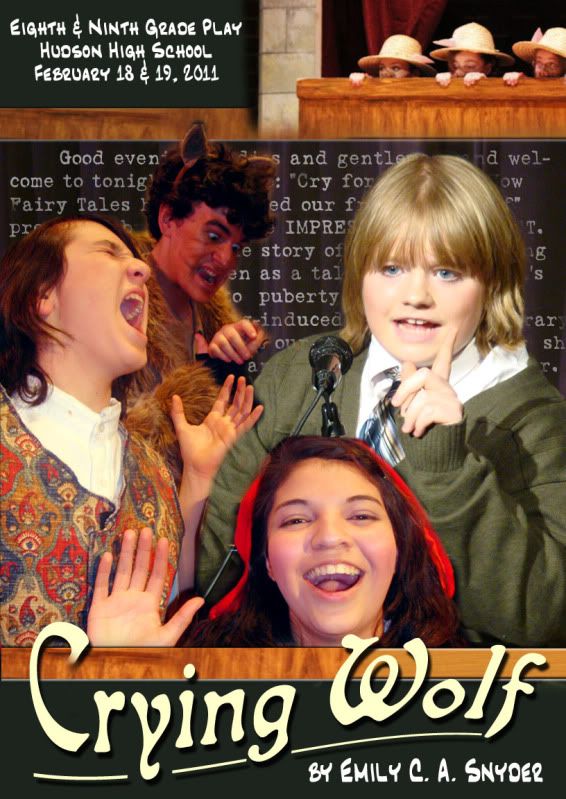
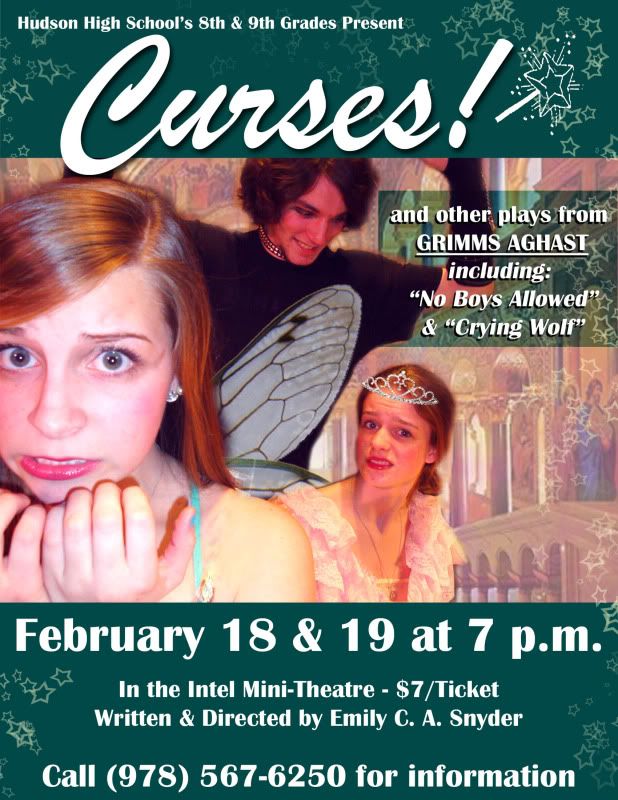
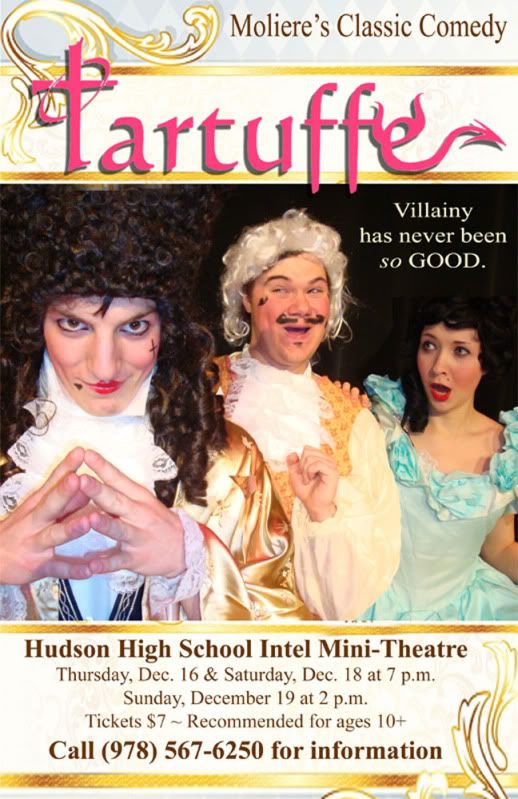
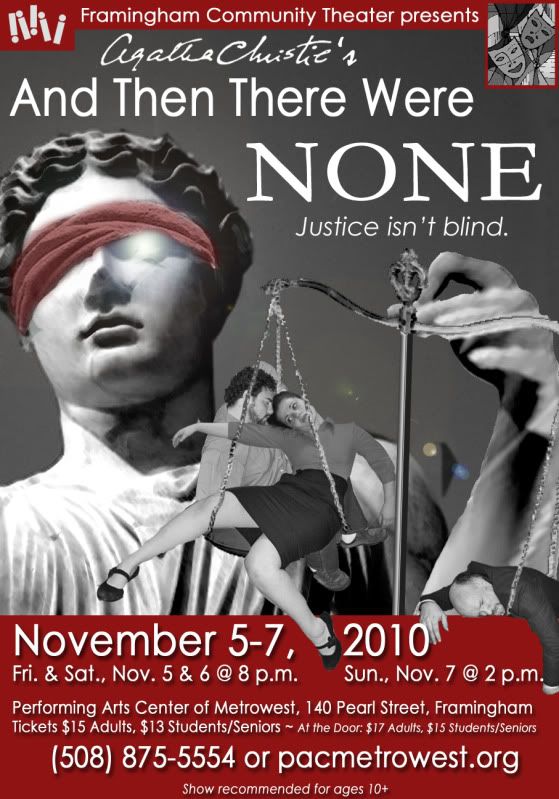
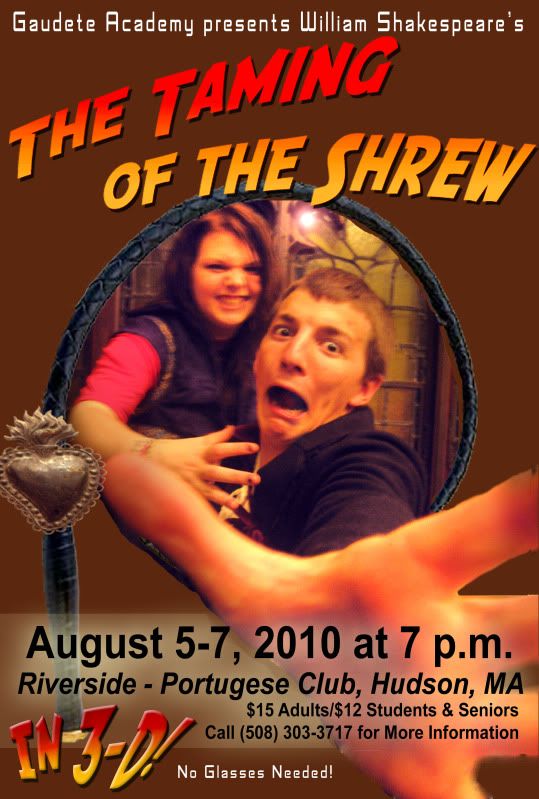
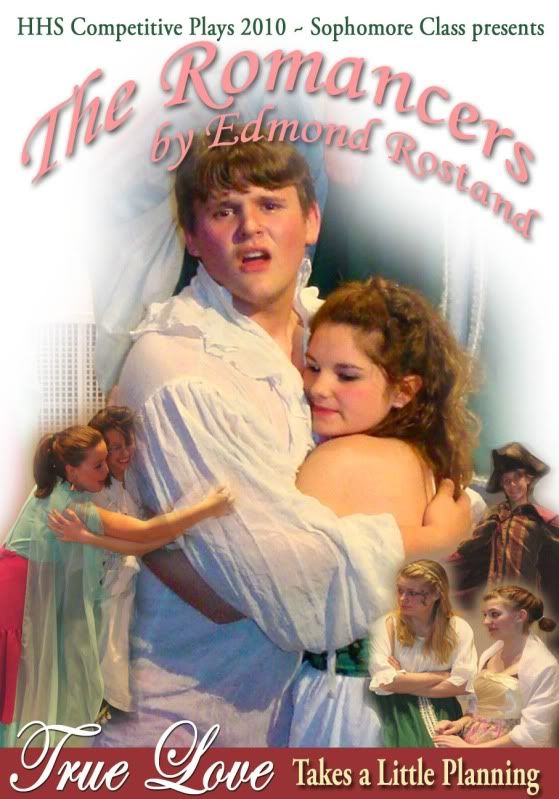
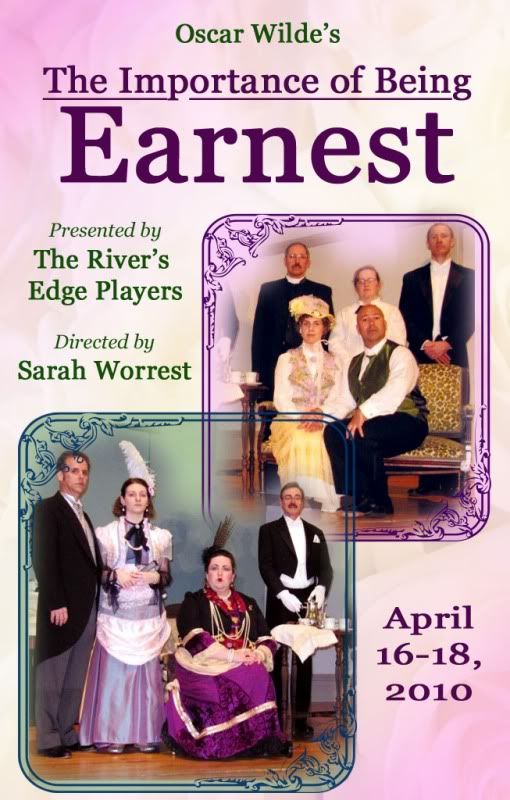
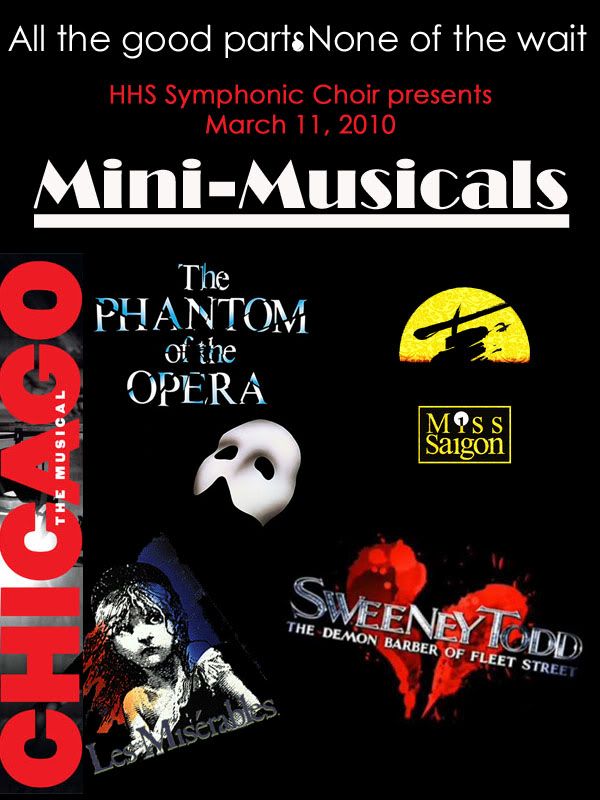
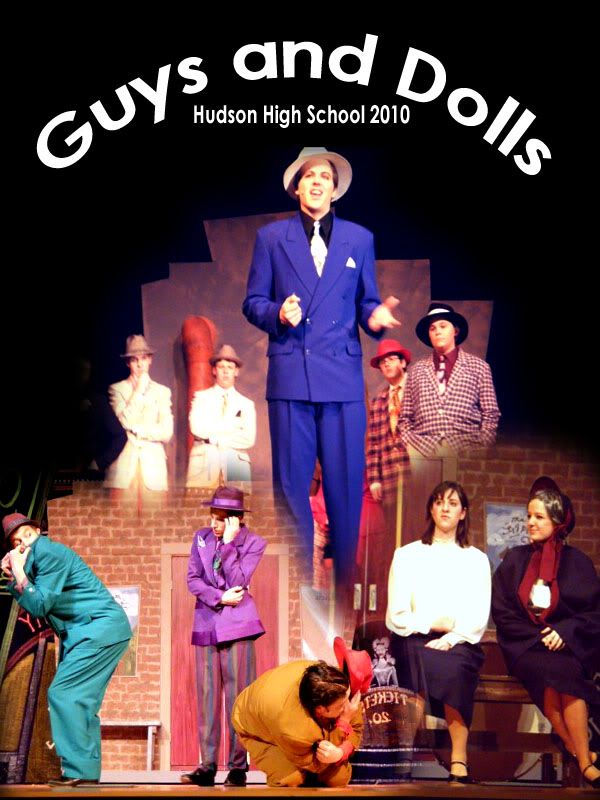
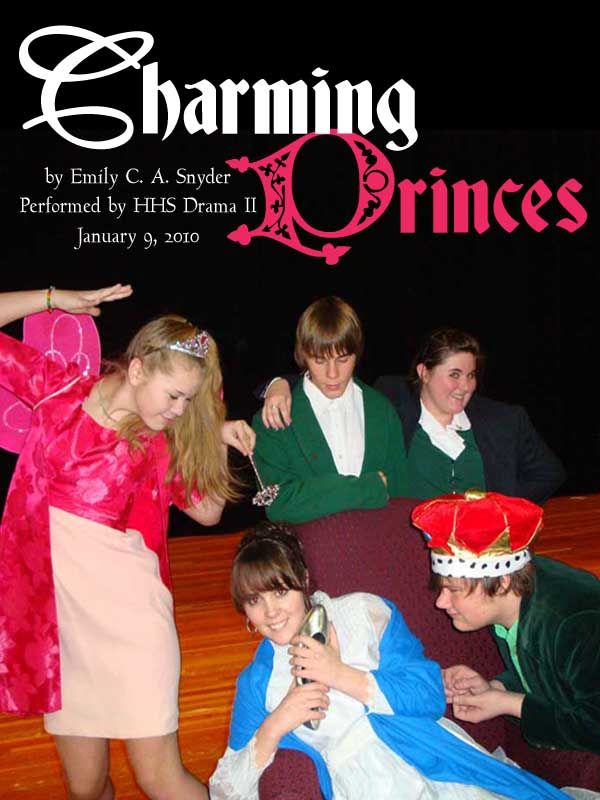
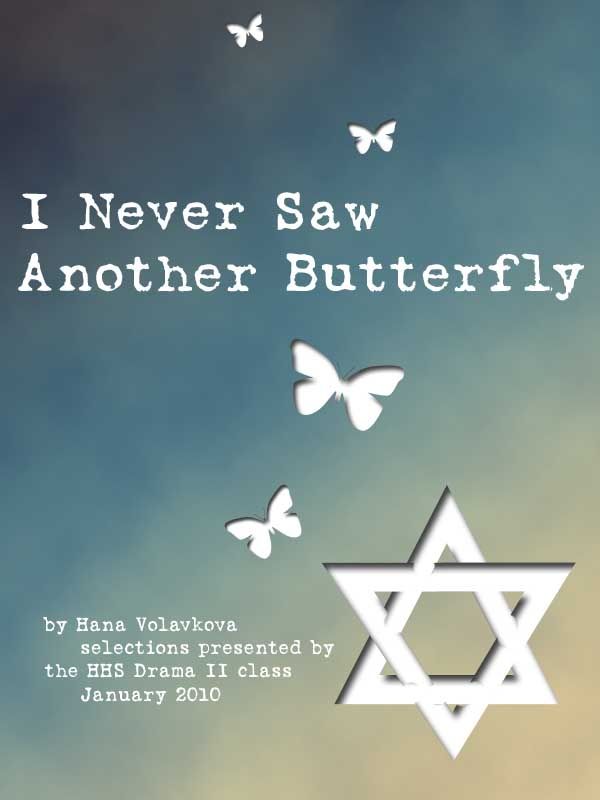
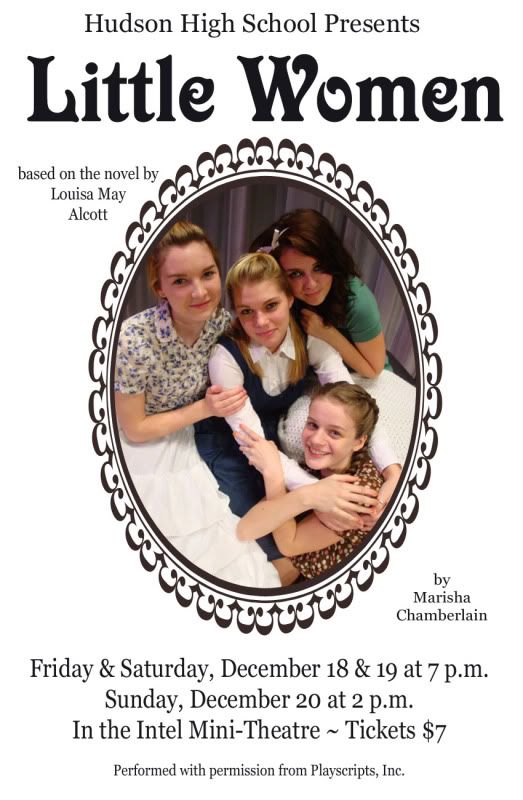
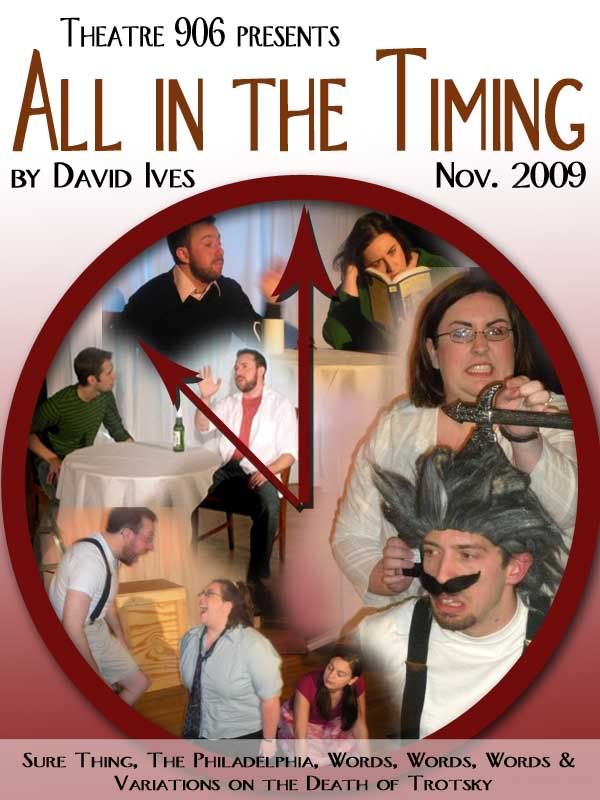
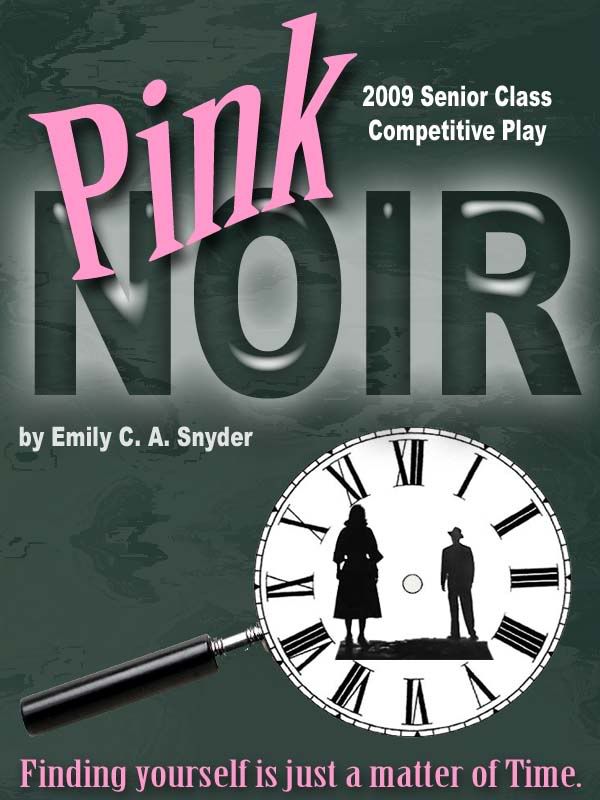
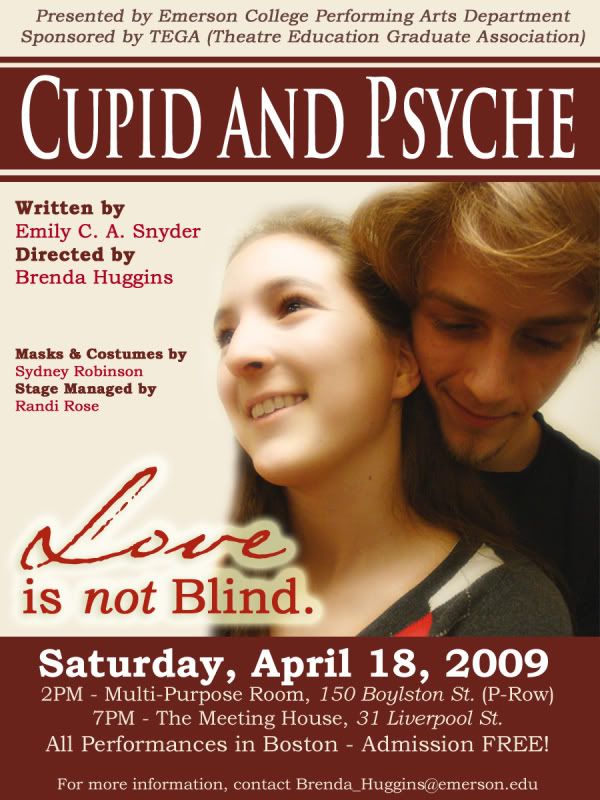
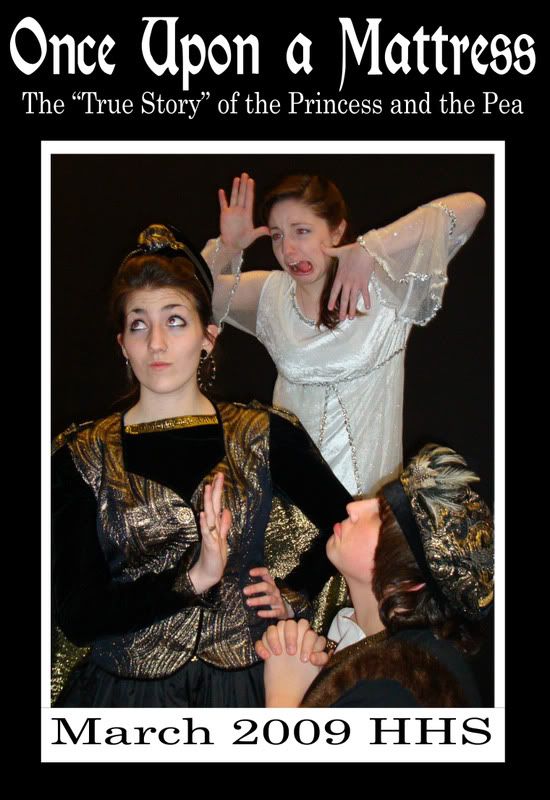
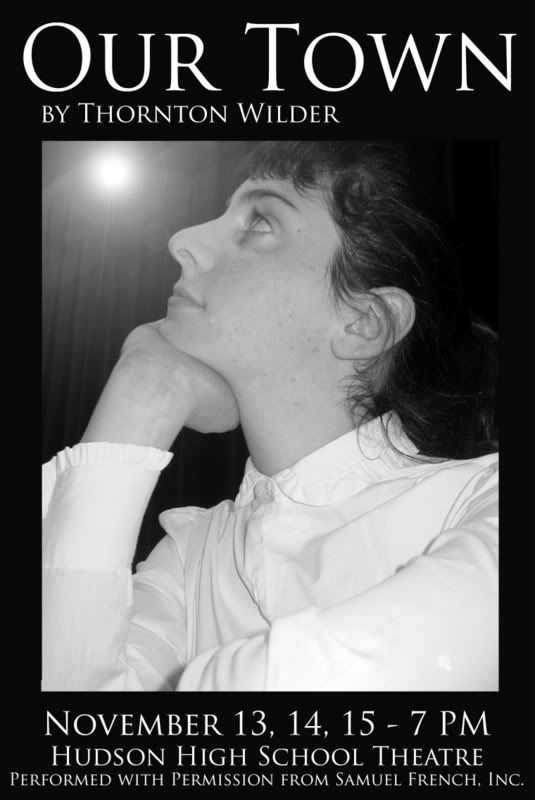
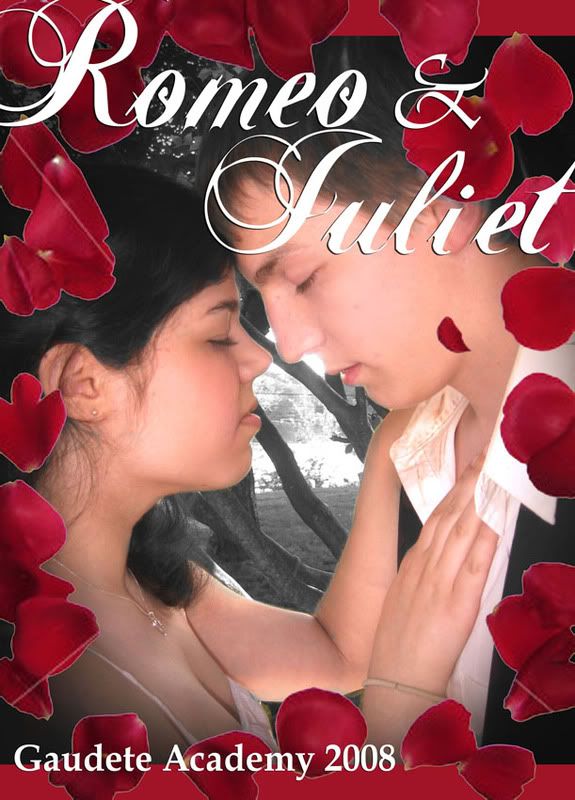
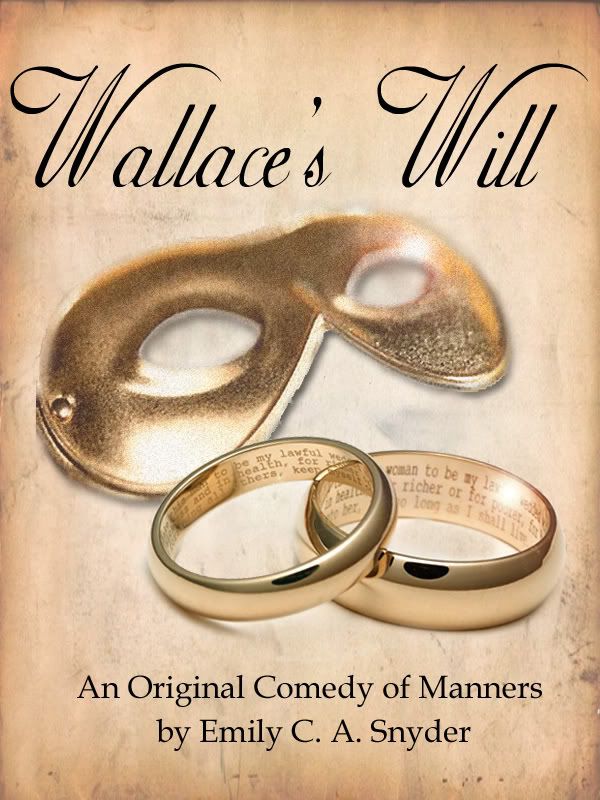
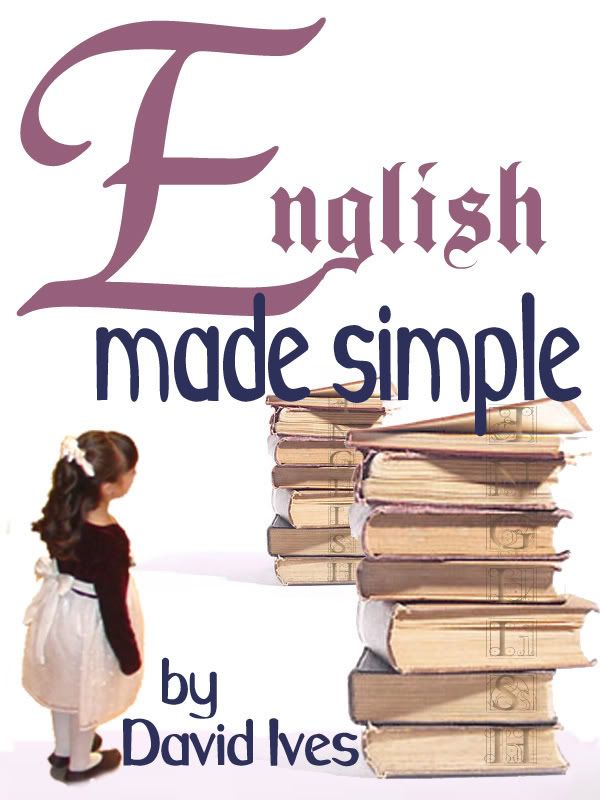
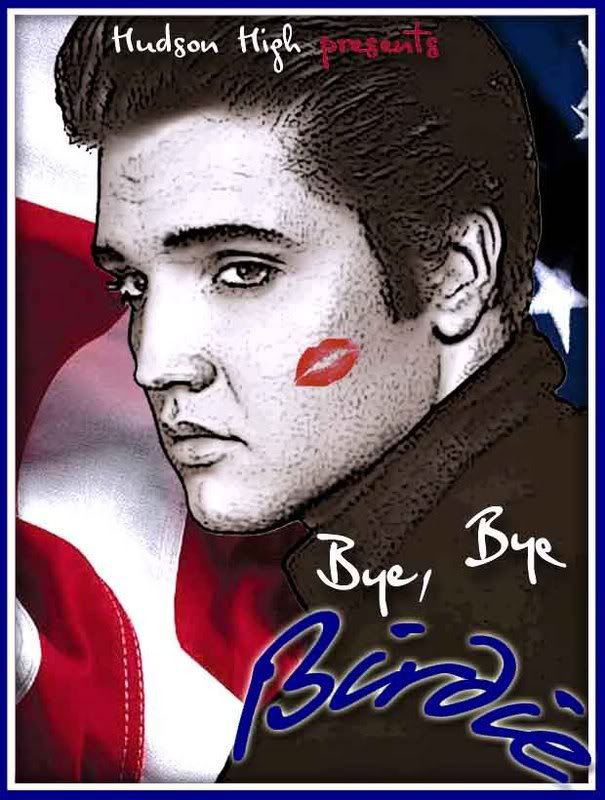
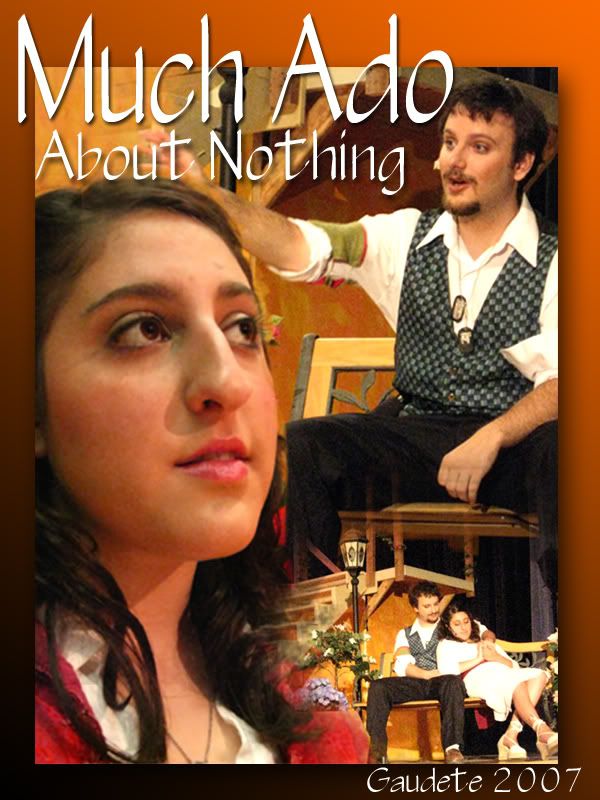
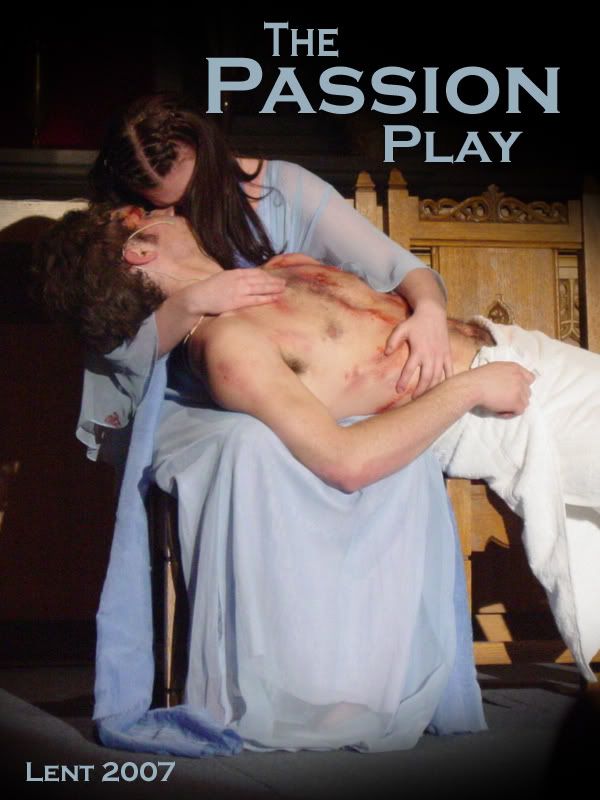
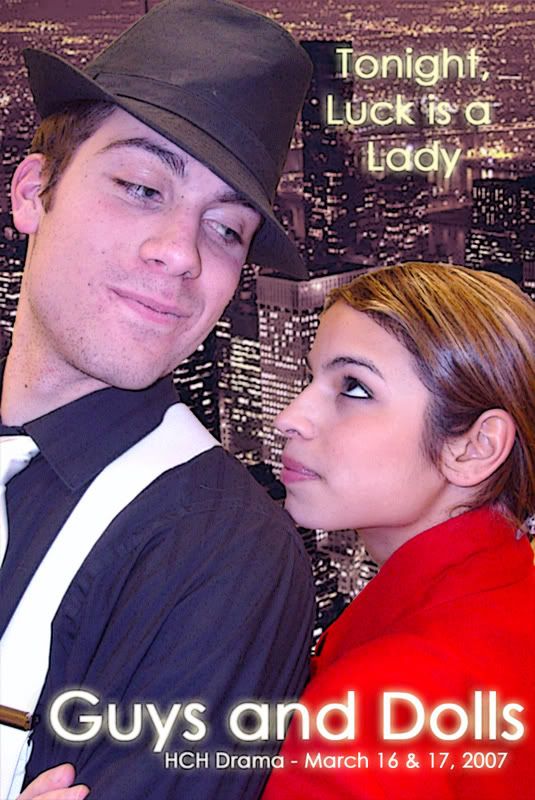
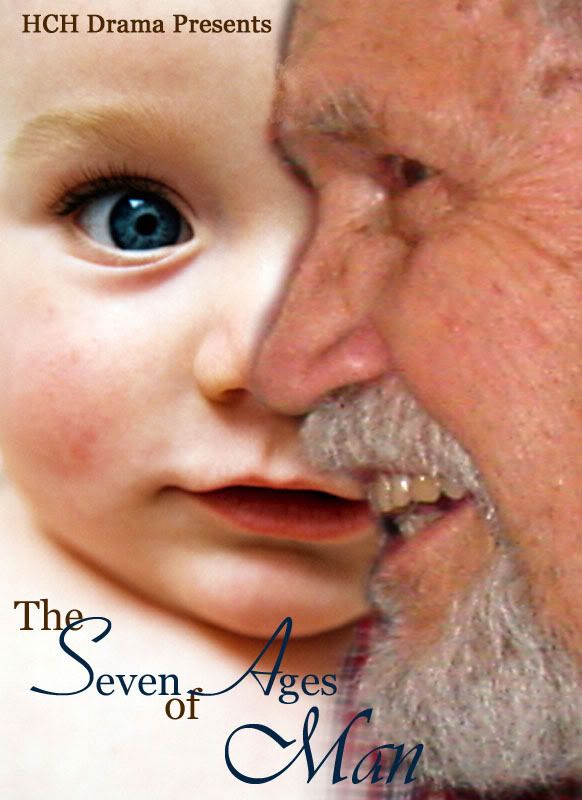

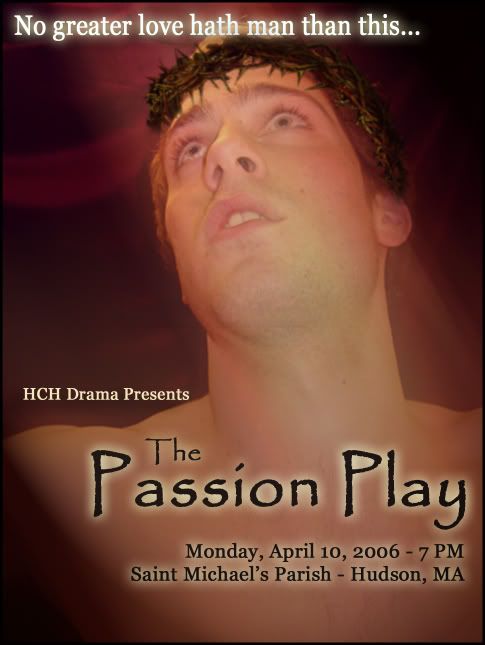
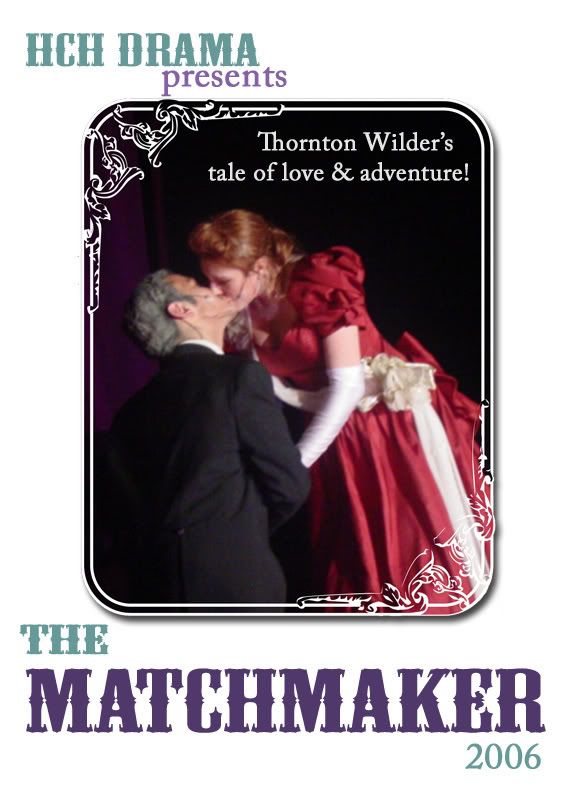


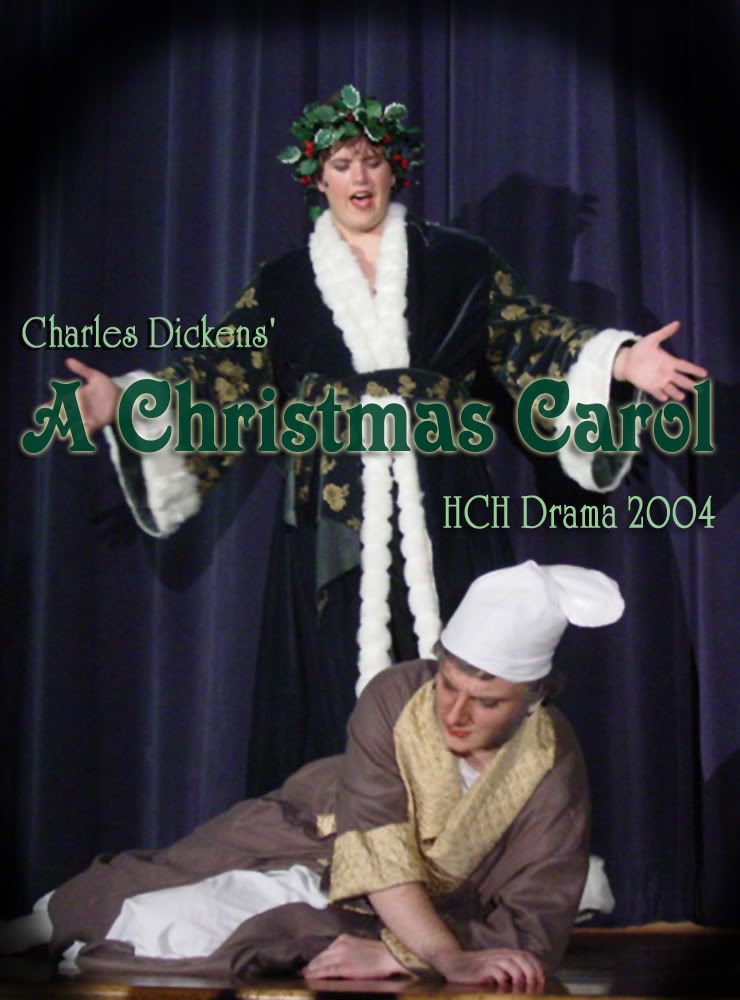
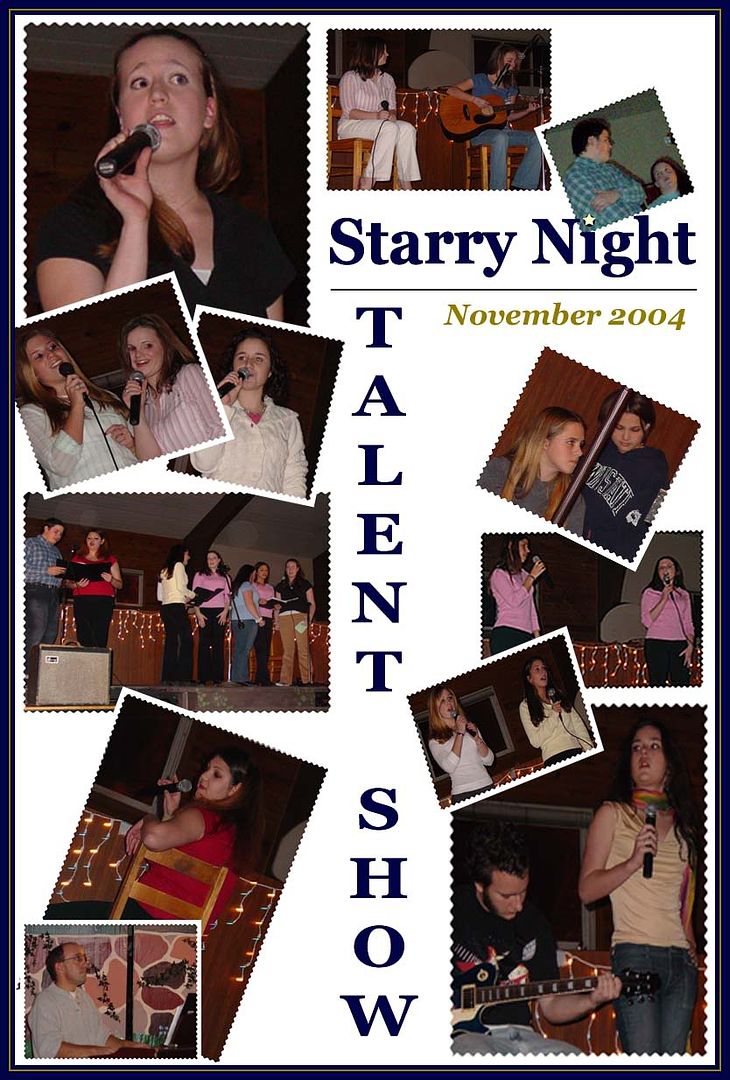
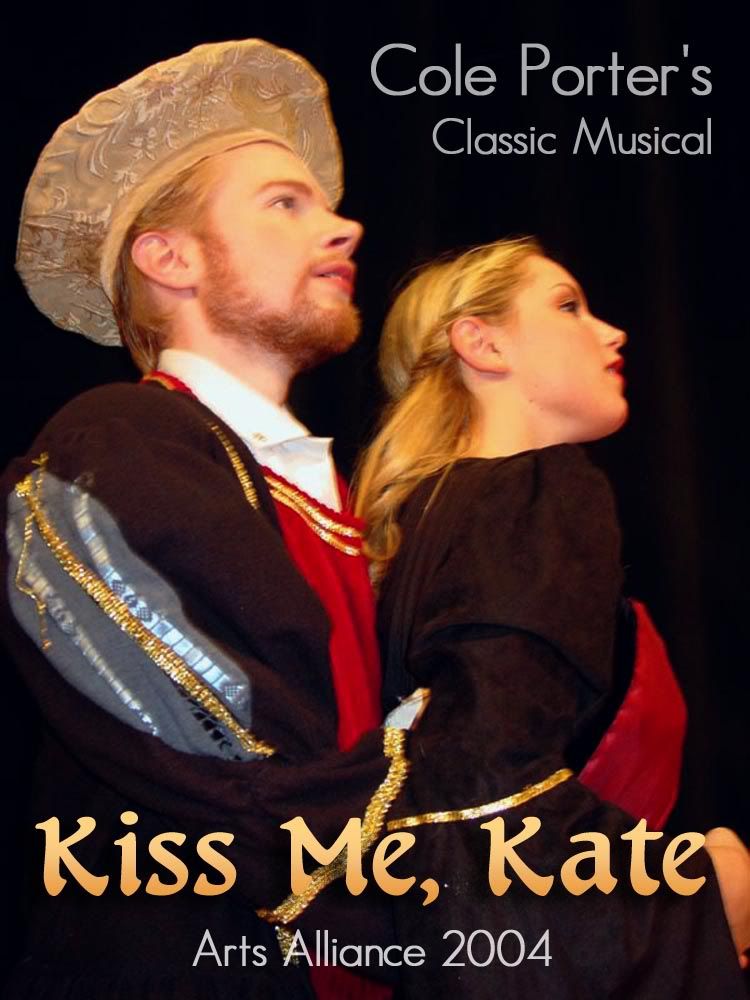

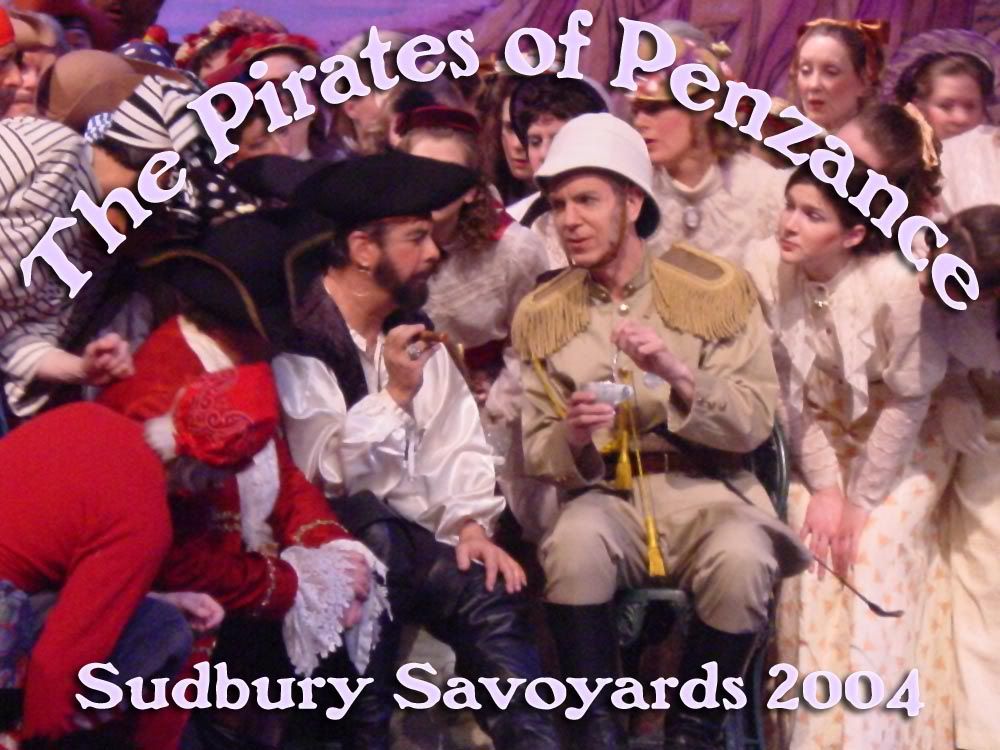
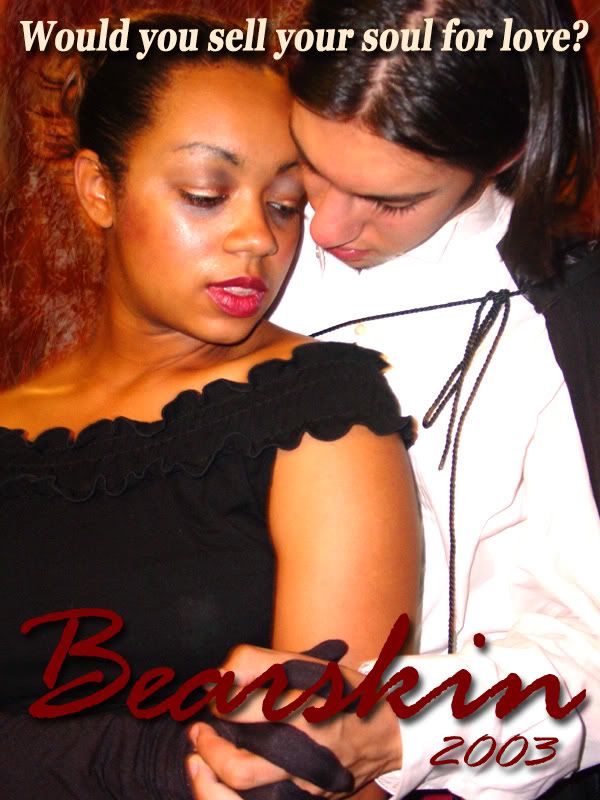
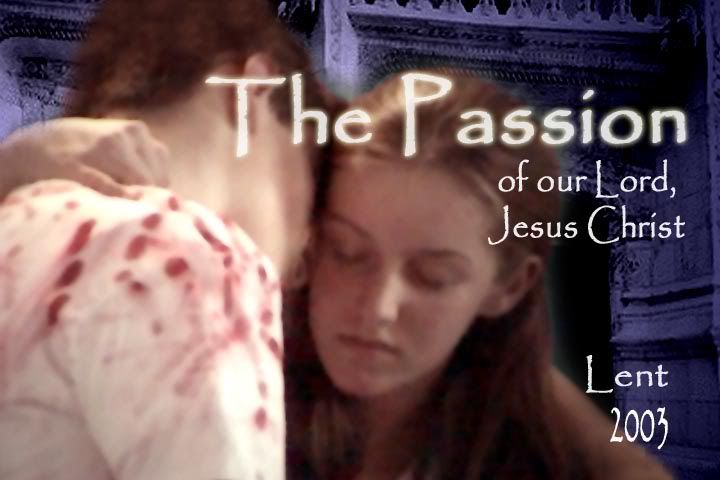

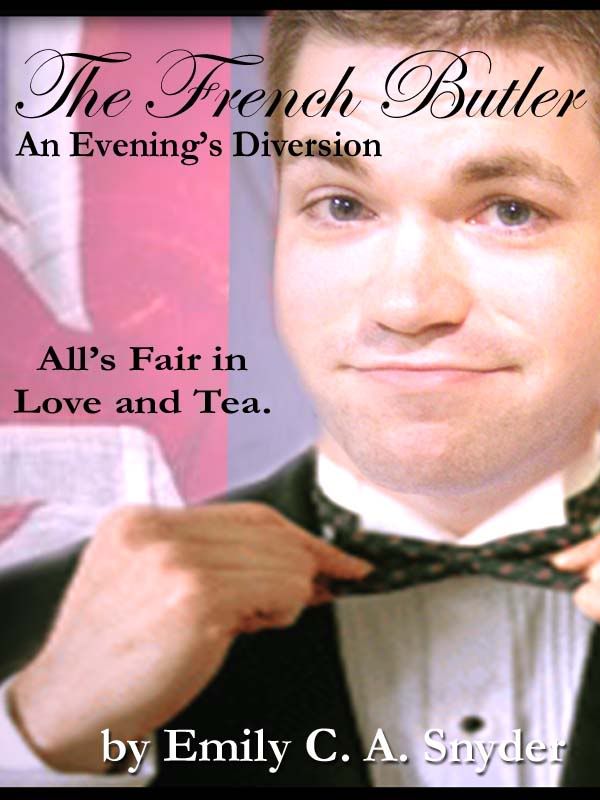
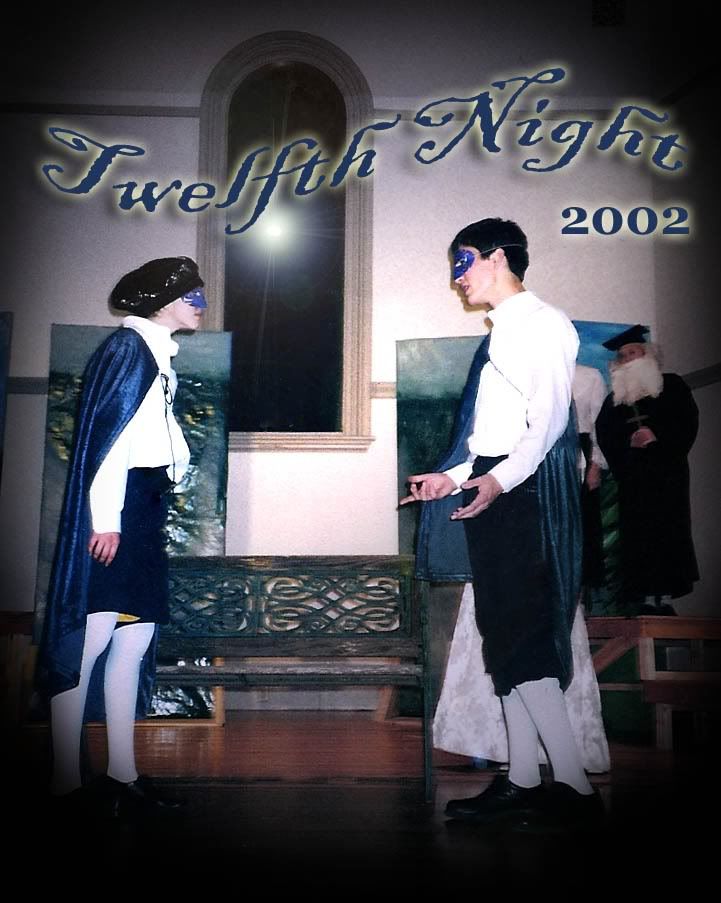
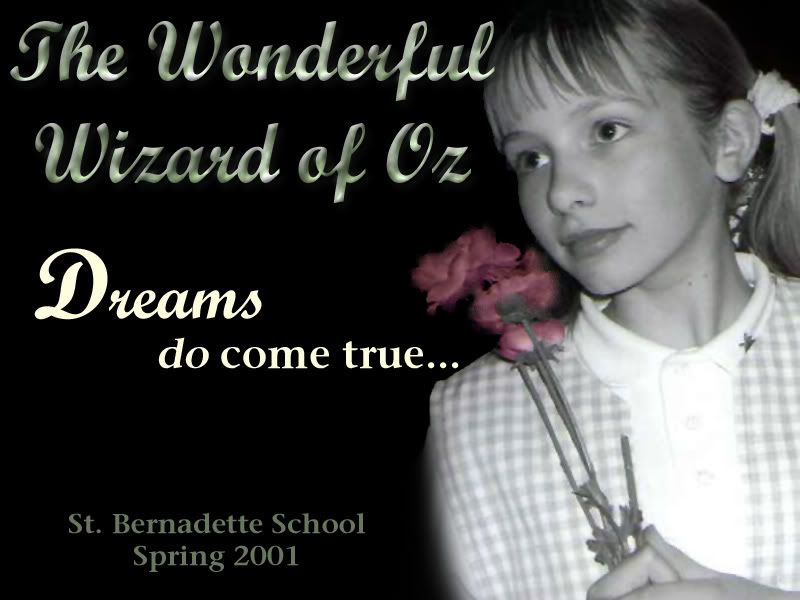
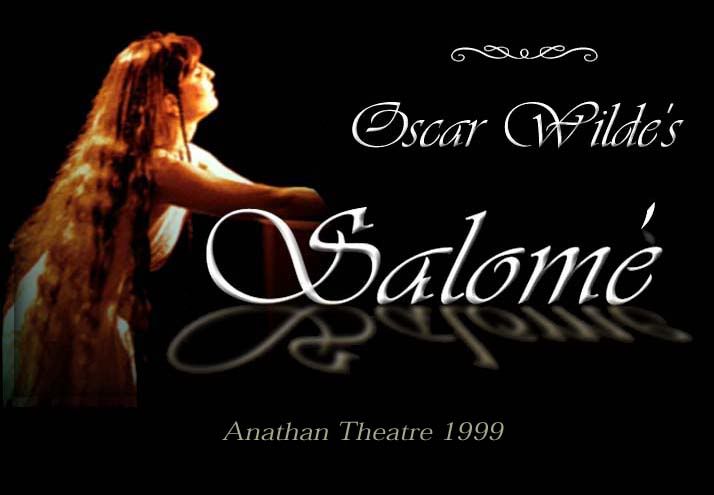
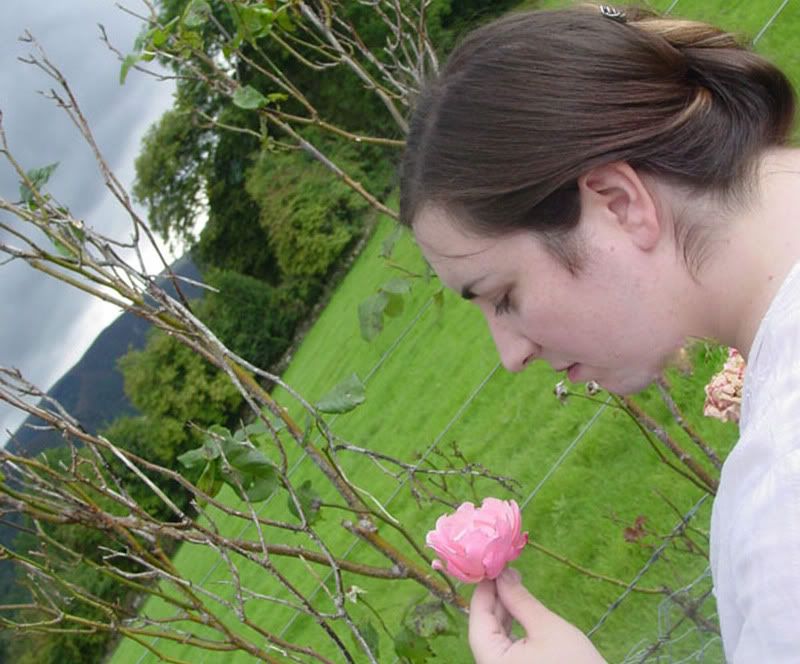

0 Comments:
Post a Comment
<< Home